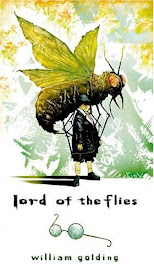1. "It is well. You refuse, then, to oblige me. You refuse to obey the claims of duty, honor, and gratitude."(page 346)
- Lady Catherine is a representation of the rigid social structure of that period of time. Sitting on the top of the social hierarchy, Lady Catherine is supercilious, haughty, and lavish. She thinks herself the best of all and look down to everyone around her. Ironically, she is still popular among others because her high aristocratic social standing. She used to be surrounded by sycophants, like Mr. Collins; therefore, Elizabeth's refusal to her demands was like a slap on her face. Elizabeth refused to obey Lady Catherine's orders, as well as the social rules that were represented by her.
- People always want to use their money or ingratiation to gain a higher place in society. However, women have their special way - mercenary marriage. How can marriage be defined as a destination of love if the only way to break through the boundaries of one's social level is to marry someone of a higher hierarchy? Lady Catherine believes in mercenary marriage, the society believes in it too; but Elizabeth does not. "Neither duty, nor honor, nor gratitude," replied Elizabeth [to Lady Catherine], "has any possible claim on me, in the present instance. No principle of either would be violated by my marriage with Mr. Darcy" (347). The disobedience of Elizabeth to Lady Catherine is actually a protest against the rigid social structure - she refused to marry for money and she also refused to bow to authorities.
1. The novel "Pride and Prejudice" is...
A. a critique of the classist structuring of society
B. a romantic love story
C. a exploration of humanity
D. a comparison of different views on marriage
E. all the answers above















0 comments:
Post a Comment